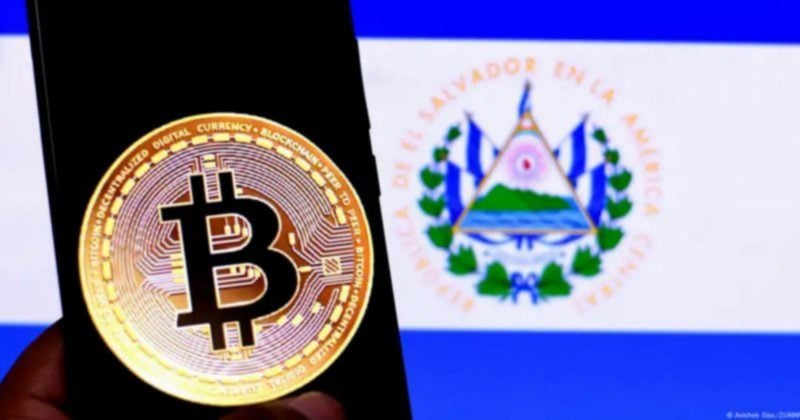TLDR
- Google Play will require licensed crypto wallet providers in 15+ jurisdictions, including US and EU, starting October 29
- Non-custodial wallets are exempt from these new licensing requirements
- US providers must register as money services businesses or money transmitters with FinCEN
- EU providers must register as crypto-asset service providers (CASPs)
- Google clarified policy after backlash from crypto community, stating Help Center will be updated
Google Play Store is implementing new regulatory requirements for cryptocurrency wallet applications, but has clarified that non-custodial wallets will remain exempt from these changes. The updated policy, set to take effect on October 29, will require custodial wallet providers in over 15 jurisdictions to obtain specific licenses and comply with industry standards.
The announcement initially caused concern within the cryptocurrency community, particularly regarding the potential impact on self-custodial wallets for Android users. Google quickly addressed these worries through a clarification on social media platform X, stating:
“Non-custodial wallets are not in scope of Google Play’s Cryptocurrency Exchanges and Software Wallets Policy. We are updating the Help Center to make this clear.”
https://twitter.com/NewsFromGoogle/status/1955740862283178223
Under the new requirements, developers in the United States will need to register with local regulators as either money services businesses or money transmitters. This registration with the Financial Crimes Enforcement Network (FinCEN) includes implementing written Anti-Money Laundering programs, which could lead to wider adoption of Know Your Customer checks.
For developers in the European Union, registration as a crypto-asset service provider (CASP) will be mandatory. The policy will also affect other regions, with specific requirements for the UK, France, and Germany mentioned in Google’s announcement.
Google’s Rocky Relationship with Crypto
Google Play Store has had an inconsistent history with cryptocurrency applications. In 2018, the platform banned crypto mining apps entirely. Two years later, in 2020, it removed the Bitcoin Blast video game and took down several crypto news applications, including those from major outlets Cointelegraph and CoinDesk, without providing explanations.
The platform’s crackdown continued in 2021 when it removed eight crypto apps labeled as “deceptive.” These applications were accused of tricking users into paying for illegitimate cloud services.
More recently, in 2023, Google modified its stance somewhat by permitting non-fungible token (NFT) games, though with specific disclosure requirements and restrictions on gambling elements. The platform also prohibited “loot boxes” that offer players random mystery items.
Currently, Google Play Store’s blockchain content page identifies four types of applications that require special attention: cryptocurrency exchanges and software wallets, crypto wallets, apps distributing tokenized digital assets, and NFT gamification.
Industry Response to the Policy Update
The policy changes prompted immediate reactions from the cryptocurrency community when first announced. Many users expressed concerns on social media about potential restrictions on self-custodial wallets, which are popular for allowing users to maintain control of their private keys rather than trusting a third party.
Jacob Wittman, general counsel at the Plasma Foundation, downplayed concerns about the policy update on social media platform X. He described the situation as a “nothing burger” but acknowledged that “it does show that tech giants control distribution and we are still at their whim.”
The clarification from Google has eased most worries within the community. However, the situation highlights the ongoing tension between traditional tech platforms and the cryptocurrency industry, which often emphasizes decentralization and user autonomy.
Android’s dominant position in the mobile market makes Google Play Store policies particularly impactful. According to a 2025 report from Poland-based software solutions firm Neontri, Android operates on more than 70% of all mobile phones globally.
For custodial wallet providers, the October deadline means they must now ensure compliance with various regional regulations to maintain their presence on the Google Play Store. This includes obtaining proper licensing in each jurisdiction where they operate, potentially creating a complex regulatory landscape to navigate.
Google has stated it will begin enforcing these country-specific requirements starting October 29, giving developers just over two months to ensure compliance. The company plans to update its Help Center to provide clearer guidance on which applications fall under the new policy.

 4 months ago
50
4 months ago
50








 English (US) ·
English (US) ·